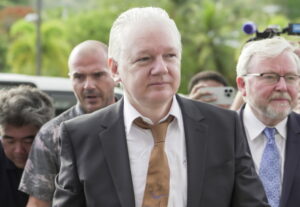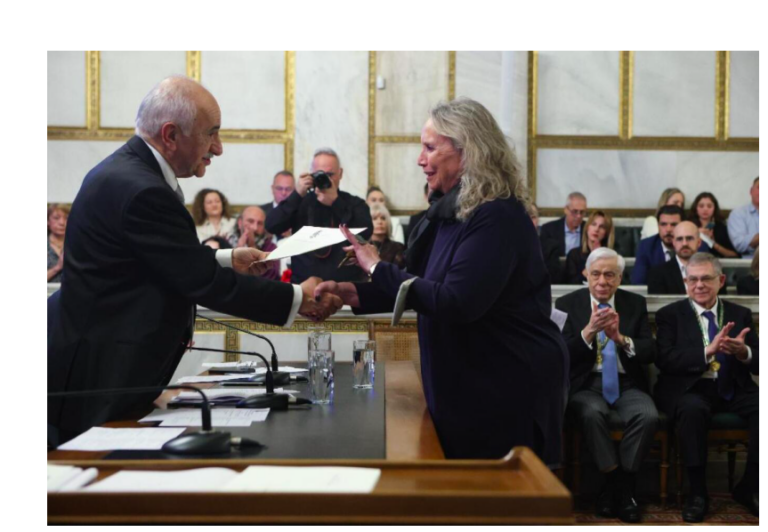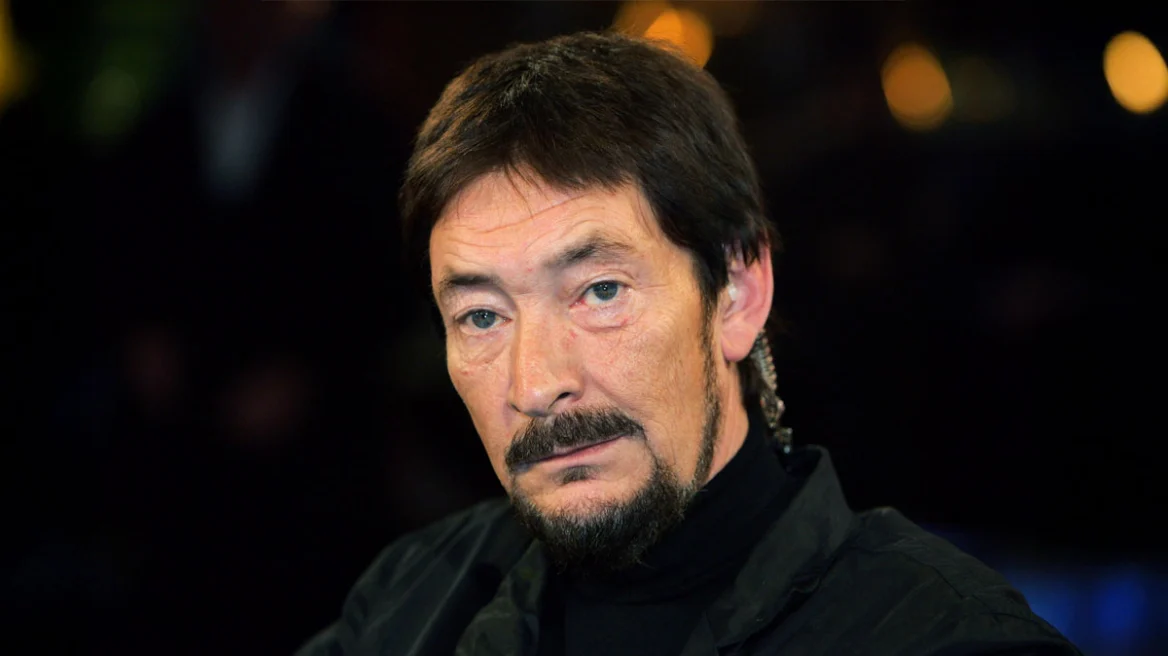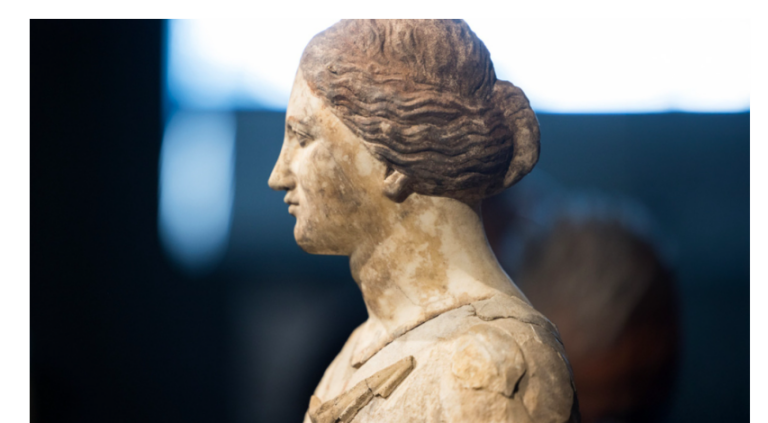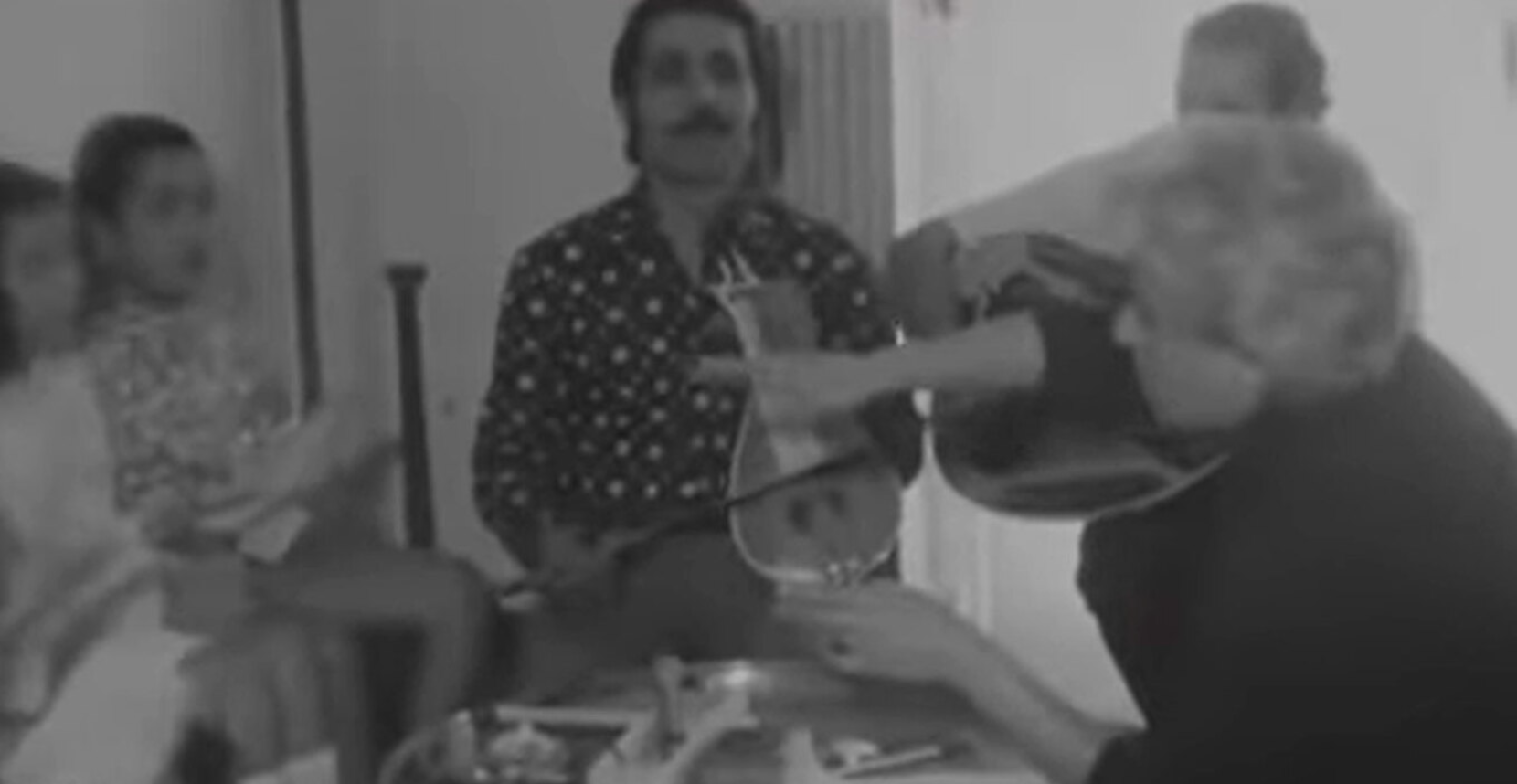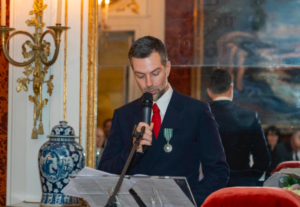Public interest witness and WikiLeaks founder Julian Assange is now a “free man” after a court on Saipan Island today upheld his plea deal with the US justice system, ending a 14-year legal odyssey.
“You can walk out of this courtroom a free man,” Judge Ramona Manglona said after a brief session of the U.S. federal court on Saipan, in the Northern Mariana Islands.
However Assange cannot return to the US without permission, the US Justice Department clarified in a statement.
For his part, Australian Prime Minister Anthony Albanesi said today he was “very pleased”.
“I’m very pleased with this opportunity, we have achieved a positive outcome which I believe the vast majority of Australians have been calling for,” Albanesi told Australian MPs in Canberra.
Under the deal, Assange, 52, who was accused of releasing thousands of classified US documents in the 2010s, pleaded guilty to conspiracy to obtain and disclose information relating to US national security.
“I encouraged my source,” US military officer Chelsea Manning, the source of the massive leak, “to give me material that was classified,” Assange admitted in court.
Dressed in a black suit and ochre-coloured tie, the 52-year-old Australian embraced his lawyers after the judge’s decision was announced.
He then left the courtroom without making any statement.
“After 14 years of court battles, Julian Assange is free to go home,” his lawyer Jennifer Robinson told reporters.
Without delay Assange boarded a private plane, which departed the Northern Mariana Islands for Canberra, where he is expected to arrive shortly.
“The priority now is for Julian to regain his health,” he “has been in a horrible condition for five years” and “wishes to be in touch with nature,” stressed his wife Stella Assange, who said she “can’t stop crying” with joy after the announcement of his release.
Julian Assange “suffered tremendously in his battle for freedom of expression, freedom of the press,” Barry Pollack, his second lawyer, stressed.
“We strongly believe Assange should never have been charged under the Espionage Act,” he added. “The work of WikiLeaks will continue and Assange, I have no doubt, will vigorously continue his fight for freedom of expression and transparency,” he assessed.
Assange left Britain on Monday, where he has been held at Belmarsh’s maximum security prison for five years, to appear before the US federal court in Saipan after accepting a plea bargain in principle with the US.
That agreement provided that he would plead guilty to one of 18 charges against him of “conspiring to obtain and disclose information relating to the national security” of the US. He was sentenced to 62 months in prison, which he has already served.
Assange was accompanied in court by former Australian prime minister and current Australian ambassador to Washington Kevin Rudd.
According to his wife, a South African lawyer, he has launched a campaign to raise the $520,000 he must pay to the Australian government to charter the aircraft in which he will arrive in Australia from Britain.
The Northern Mariana Islands court was chosen because Assange was refusing to go to US territory and because of his closeness to Australia, according to a document filed with the court.
The UN welcomed Assange’s release, saying his case had raised “a number of human rights concerns.”
“I am grateful that my son’s adventure is finally coming to an end,” said his mother, Christine Assange.
Former US Vice President Mike Pence called the deal a “miscarriage of justice” that “dishonors the service and sacrifice of the men and women of our armed forces.”
Chelsea Manning was sentenced in August 2013 to 35 years in prison by a court martial, but was released seven years later after then-President Barack Obama reduced her sentence.
In an initial official US reaction, State Department spokesman Matthew Miller said it was an ongoing judicial process and “it is not appropriate to comment at this stage.”
Ask me anything
Explore related questions
